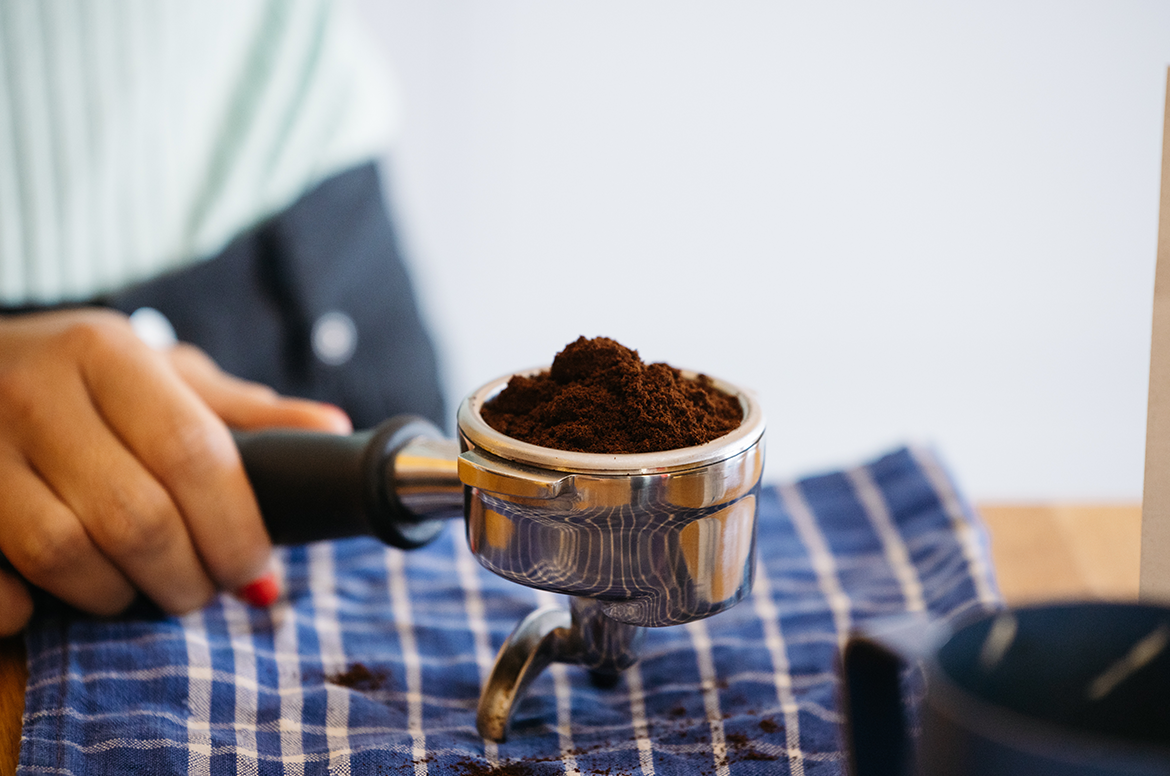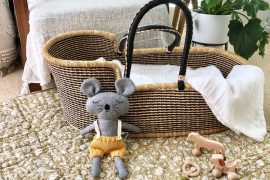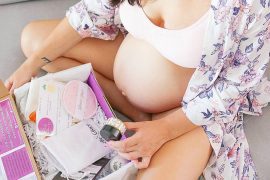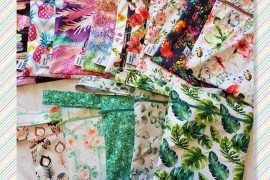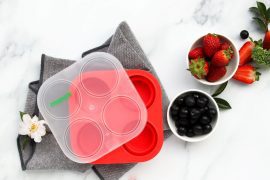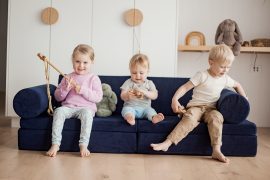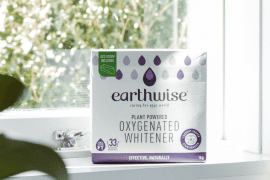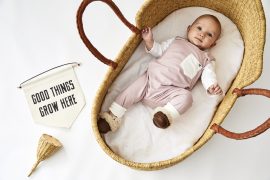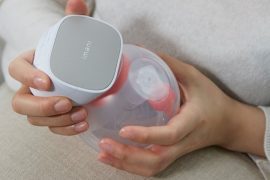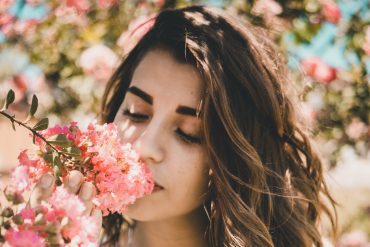As parents, we increasingly look for products that are made with people and the planet in mind, particularly when facing the future of a climate-changed world for our children.
A ‘non-negotiable’ for many of us is our morning coffee to kickstart the day. But how much thought do we put into where that coffee comes from? And do we consider the importance of choosing a coffee that is produced responsibly, with people and the environment at the forefront, throughout the entire supply chain?
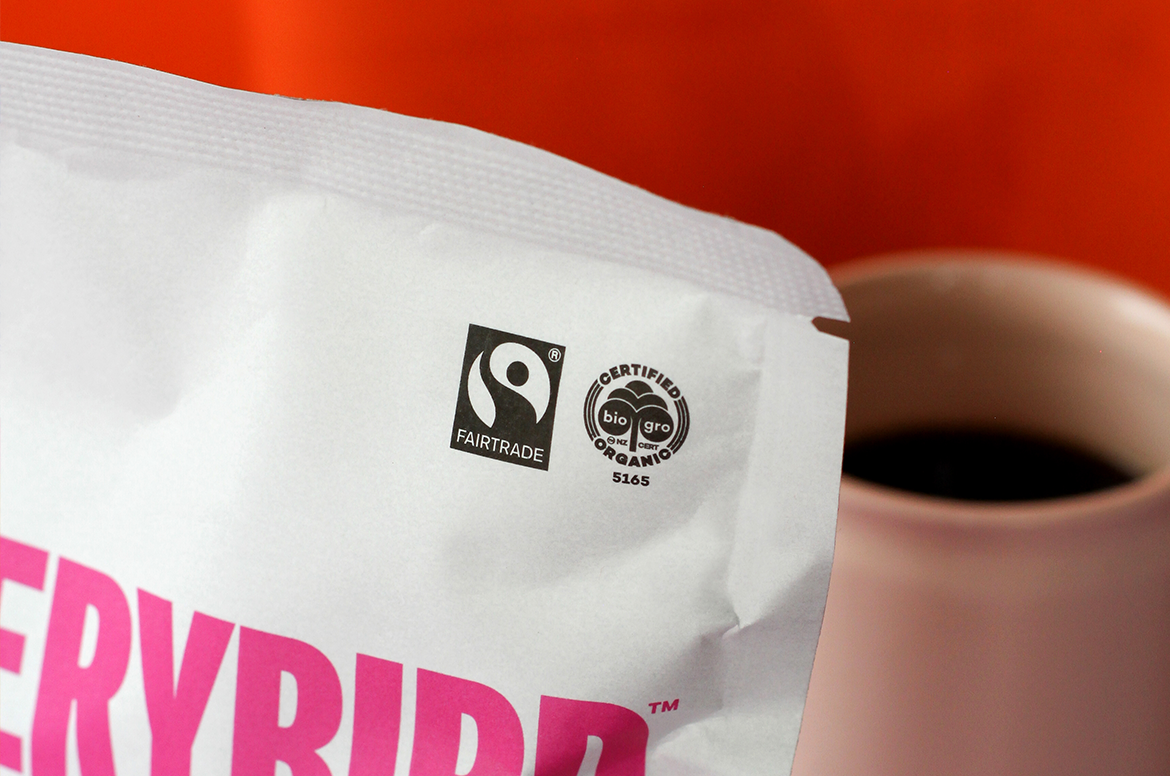
It takes approximately five years for a coffee plant to produce coffee cherries, after which the farmers have to maintain and care for it for another 25-55 years. In addition to this, most coffee is grown in remote locations around the world where it is often harvested and processed by hand. The beans then have to travel huge distances to be graded and bagged before being exported around the world – and that’s all before it’s roasted, ground and made to your individual taste.
When you choose to buy Fairtrade coffee, you are doing your bit to ensure that these coffee farmers are getting a fair price for their hard work. Buying organic coffee means that it’s grown in GMO-free and pesticide-free soils, where the health of the soil, environment, farmers (and you!) are prioritised – no nasty chemicals! On top of that, farmers receive a premium for producing organic coffee beans.
Buying Fairtrade products doesn’t only mean that the farmers and the workers are paid properly; Fairtrade International has set standards which they audit and certify producers and licensees against. Standards cover such things as gender equity, sustainable farming methods, labour practices, transparency and product quality.
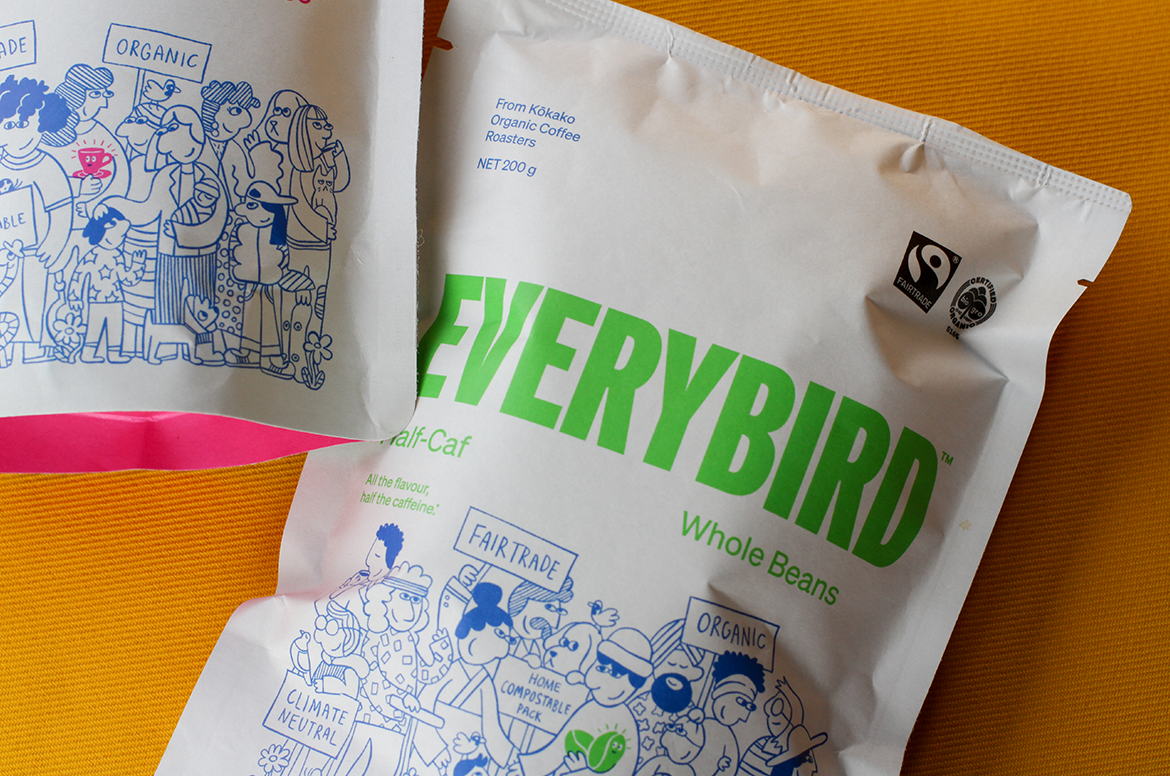
Launched in March 2022, Everybird is a fairly new coffee brand from Kōkako Organic Coffee Roasters – a company that champions transparent sustainable practices. Kōkako has been organic from day one but gained a BioGro NZ certification in 2009 – the same year they became Fairtrade certified.
Roasting coffee can be a carbon intensive exercise, from shipping it to New Zealand from remote regions around the world, to roasting it, to shipping it around the country to supermarkets for people to enjoy at home. In 2016, Kōkako started offsetting their carbon emissions through the FairClimateFund, becoming one of the first climate neutral coffee roasters in Aotearoa.

